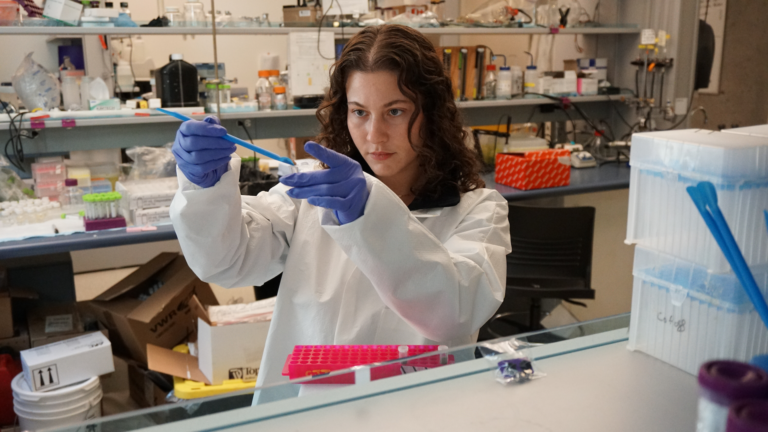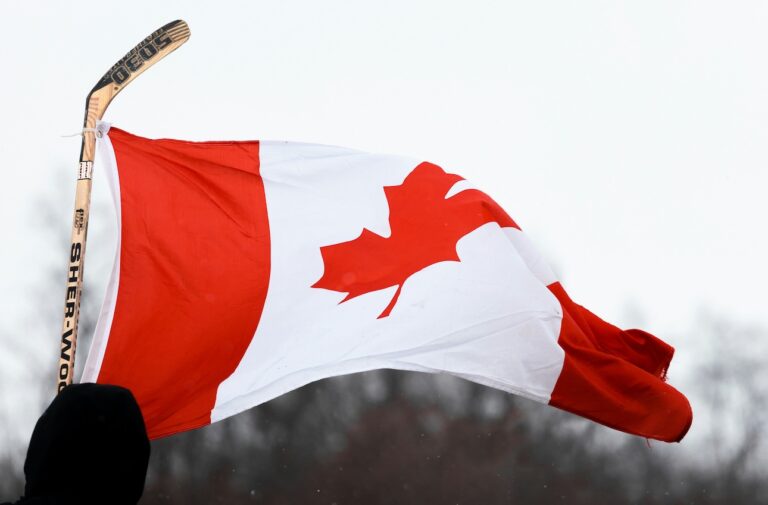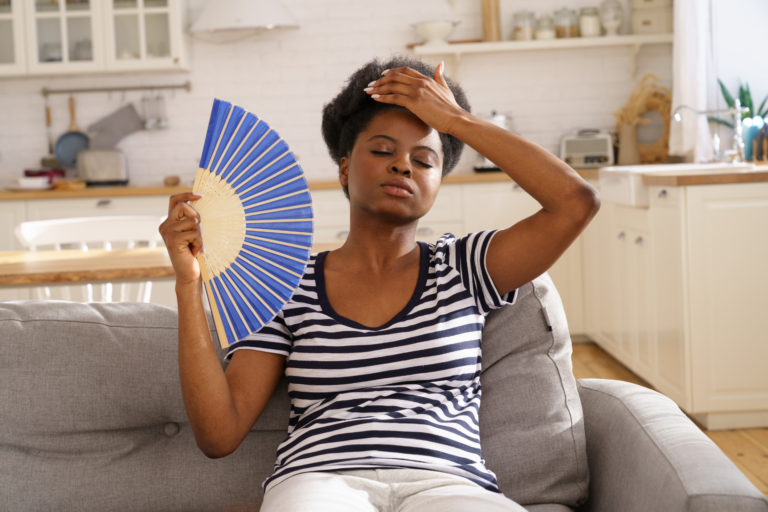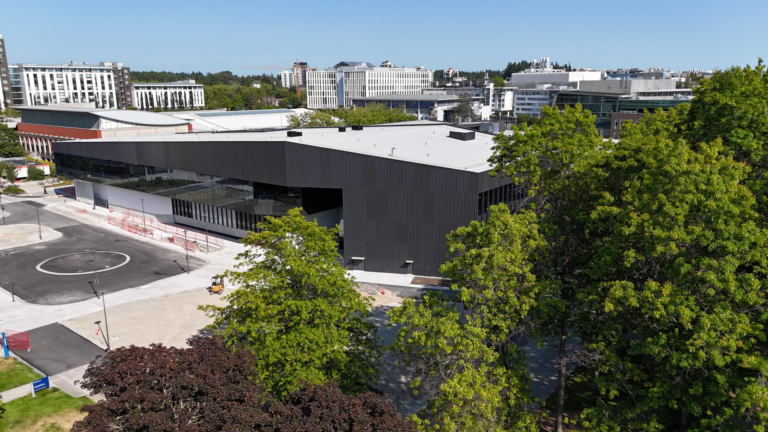With midterm exams around the corner, stress levels are rising. For some students, that might mean increased mental health concerns.
To help support students’ mental health and wellbeing, and reduce the stigma sometimes associated with mental health issues, the University of British Columbia offers a breadth of services and resources on both the Vancouver and Okanagan campuses. From individual counselling services to workshops, the goal is to support both new and returning students by providing services and resources appropriate to their needs.
“Maintaining mental wellbeing is foundational to supporting the long-term success of students both inside and outside of the classroom,” said UBC’s Associate Vice President, Student Health and Wellbeing, Noorjean Hassam. “UBC is committed to fostering a supportive and sustainable learning environment for students. Nurturing mental health and wellbeing is a key ingredient when it comes to creating a supportive learning environment.”
Embedded counsellors within faculties
One unique mental health service at UBC Vancouver is the Embedded Counselling program. In addition to counsellors located at the main Counselling Services Centre at UBC in Brock Hall (Room 1040, 1874 East Mall) and the Counselling Services Annex (1930 East Mall), there are also 10 counsellors embedded in faculties across the university, including the faculties of applied science, arts, dentistry, education, forestry, land and food systems, pharmaceutical science, and the Peter A. Allard School of Law. There are also embedded counsellors in athletics, the Beyond Tomorrow Scholars program and Vantage College. Students living in residence can also meet with an embedded counsellor-in-residence.
Embedded counsellors help students navigate the full range of services available to them and provide information about resources on campus, online, and in the community. They meet students individually to find out more about their concerns and work collaboratively to make a wellness plan that is right for them. Embedded counsellors also offer individual counselling, referrals, workshops, and outreach.
“Being embedded in a faculty or department means that counsellors can tailor wellbeing support specifically to concerns that students in these faculties commonly experience,” said Hassam. “By placing counsellors directly in faculties and departments, we are removing barriers, better understanding unique needs, and crafting personalized mental health and wellbeing plans. Embedded counsellors are more than guides—they’re connectors, linking students to vital resources on campus, online, and in the community.”
Students in Vancouver can also access two student health clinics on the Vancouver campus for any health concerns, including mental health care, as well as the Wellness Centre for wellbeing training and resources, harm reduction and safe sex supplies, and health promotion programs. Students in the Okanagan can access the Student Health Clinic for any health concerns, including mental health advice.
“We are trying to ensure our services meet the needs of all students in the community,” said Hassam. “It’s important to all of us that our counsellors represent a diversity of identities and human experiences. We prioritize listening and connecting with students to try to understand their diverse needs so that we can adapt and adjust programs, resources, and services to meet their needs.”
Supporting Indigenous students
The Indigenous Mental Health and Wellbeing Program offers services and supports specifically for Indigenous students at the university. Currently, the program counsellor and the IMHW Social Work Wellbeing Navigator support students on their wellbeing journey. The IMHW team offers everything from counselling services at the Longhouse and at Brock Hall, to connecting Indigenous students with community resources and supporting the access to cultural work. The IMHW program is grounded in both Mi’kmaq principles of Etuaptmumk or “Two-Eyed Seeing,” as shared by Elder Albert Marshall, as well as Western counselling techniques. The IMHW staff are committed to providing mental health services with cultural safety and humility as core values, while improving services with consistent self-reflection.
“We want to ensure all Indigenous UBC students are treated gently, with respect and honored for their wisdom when they walk in our doors,” said IMHW Program Associate Director Renée Avitan, who is Shúhtaǫt’ine and a Tulit’a Dene Band Member.
Mental health resources at UBC Okanagan
At UBC Okanagan, students can access counselling and medical services through Wellbeing and Accessibility Services as well as through embedded programs in the Sexual Violence and Prevention Office, Indigenous Programs and Services, and Global Engagement Office. The campus also has a Residence Wellness Hub which offers a low-barrier resource for students to access a suite of health and wellbeing resources on campus. Students can also stop by Picnic to pick up some snacks, learn about self-care, and speak with nurses about their health needs.
“By taking a holistic approach to mental health, we support students by connecting them to each other, providers, and resources. We strive to build community and skills,” said Gaya Arasaratnam, director of wellbeing and accessibility services at UBC Okanagan.
All UBC students are automatically covered by the health and dental insurance plan, administered through the UBC Alma Mater Society and the UBC Student Union Okanagan. These plans provide students with additional mental health counselling visits, outside of services provided by UBC.
Students first learn about the variety of health and wellbeing resources available across campus during Jump Start, a multi-day orientation offered to new students on both campuses. Through Academic Essentials, students also have access to a series of free online courses that offers tips on a variety of topics, from networking to transitioning from high school to university, to help students build skills to care for their mental health and wellbeing.
The importance of social connection
With a new academic year underway, Hassam encouraged students to use the opportunity to make new connections and build healthy habits.
“For many, a new school year is a fresh start, and a chance to start and develop healthy habits around sleep, nutrition, and physical activity,” she said. “It’s never too late for students to get connected and build community. We know from the pandemic that establishing social bonds, whether through in-person or virtual means, is critical to mental health.”
Other services available to all UBC students include Here2Talk, a B.C.-wide free 24/7 personal counselling service accessible by phone or online chat. TAO Connect is an effective and accessible on-line resource that is free for UBC students. The First Nations and Inuit Hope for Wellness Helpline (1-855-242-3310) provides counselling and crisis intervention in Cree, Ojibway, Inuktitut, French, and English for Indigenous peoples across Canada.
More information on services at UBC Vancouver is available here and at UBC Okanagan here. If you or someone you know is experiencing a medical emergency, call 9-1-1.







